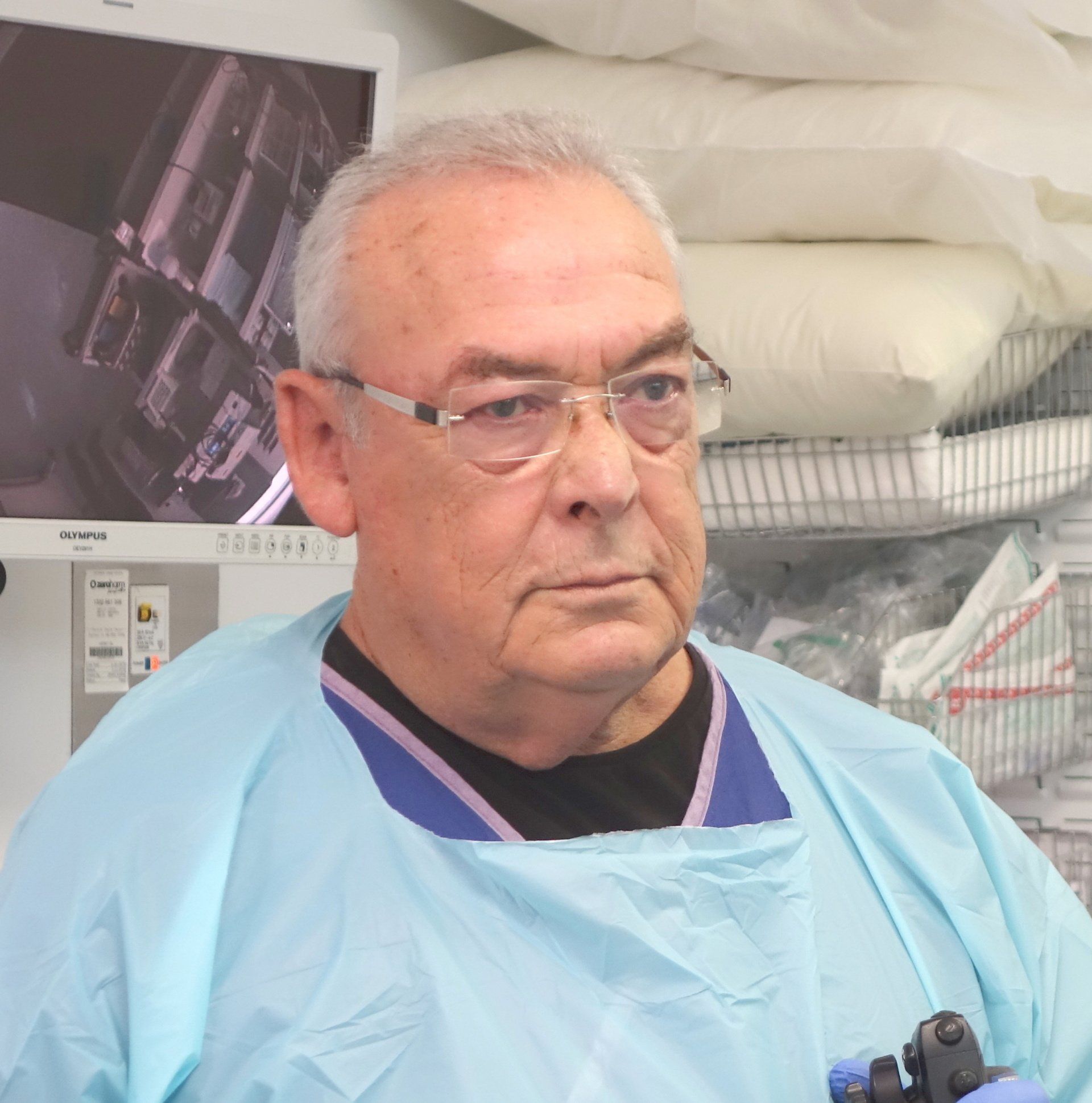FMT Microbiome Faecal Transplant
What Is Microbiome Faecal Transplant?
Microbiome Faecal Transplant, also known as faecal microbial transplantation (FMT) is a procedure in which healthy stool from a donor is transplanted in the gut of the patient, to help improve their gastrointestinal health.
What Conditions Does Microbiome Faecal Transplant Help?
Microbiome Faecal Transplant aids patients who are experiencing recurrent Clostridium Difficile Colitis, as a result of aggressive antibiotic therapy. The C. Difficile Colitis can be severely debilitating.
FMT is considered a treatment method for:
- Diarrhea caused by C. Difficile Colitis
- Abdominal Pain and fever caused by C. Difficile Colitis,
- Irritable Bowel Syndrome, and
- Crohn’s Disease (with research being conducted)
Why is Microbiome Faecal Transplant Required?
Microbiome Faecal Transplant is required to increase the presence of normal gut bacteria in the gastrointestinal tract, in cases where aggressive antibiotic therapy has also killed the ‘good’ residual gut bacteria, thus leaving the individual more prone to certain infections.
Who is Microbiome Faecal Transplant Suitable For?
Microbiome Faecal Transplant is suitable for most individuals.
People who are suffering from a lung or heart condition or chronic disease such as diabetes need to be evaluated on a case by case basis.
Preparation Before Microbiome Faecal Transplant
Microbiome Faecal Transplant can be performed as an outpatient procedure.
Before the procedure, the doctor may order some tests and prescribe a course of antibiotics specific for treating C. difficile infections before performing a faecal transplant.
Before the procedure, the patient should be adequately counselled to ensure that the informed consent obtained is fully understood.
A complete history and physical examination are completed to determine eligibility for the procedure, which may include additional lab tests. The patient is also advised to stop smoking, drinking alcohol and use of anti-inflammatory medicines including aspirin before treatment, to reduce chances of bleeding.
The patient is also instructed to follow a strict liquid diet, and an enema or laxative preparation will also be administered the night before the procedure to ensure a clean colon.
Steps in Microbiome Faecal Transplant
The Microbiome Faecal Transplant surgery is performed under mild sedation. The steps include:
- Administration of sedative after the patient has been placed in a horizontal position,
- An IV line is placed in the patient to push fluids as required,
- The physician proceeds to insert the flexible colonoscope and advance it through the entire colon, and
- As the colonoscope is withdrawn, the donor stool is transplanted through the colon.
The entire procedure takes 30 – 45 minutes
What Should I Expect After Microbiome Faecal Transplant?
Immediately after the procedure, the patient is shifted to the recovery room where he is monitored. Once stable, the patient is discharged, most commonly on the same day. The patient will also be prescribed pain medication and sometimes antibiotics to be used as instructed.
The procedure is considered a success if there is no recurrence of C. difficile colitis for eight weeks. In some cases, the patient might require more than one session of faecal microbial transplant (FMT).
Possible Risk or Complications of Microbiome Faecal Transplant
Microbiome Faecal Transplant carries the risk of introducing an unknown infection in the patient if the donor stool sample is contaminated.
Additionally, complications such as abdominal pain, infection and fever associated with a colonoscopy procedure are also present.
Dr Donald Walker
Write your caption hereMore
Dr Johan Van Den Bogaerde
Write your caption hereMore
Trusted for more than 25 Years
PANCREAS & BILIARY
Digestion Problems - Dyspepsia









